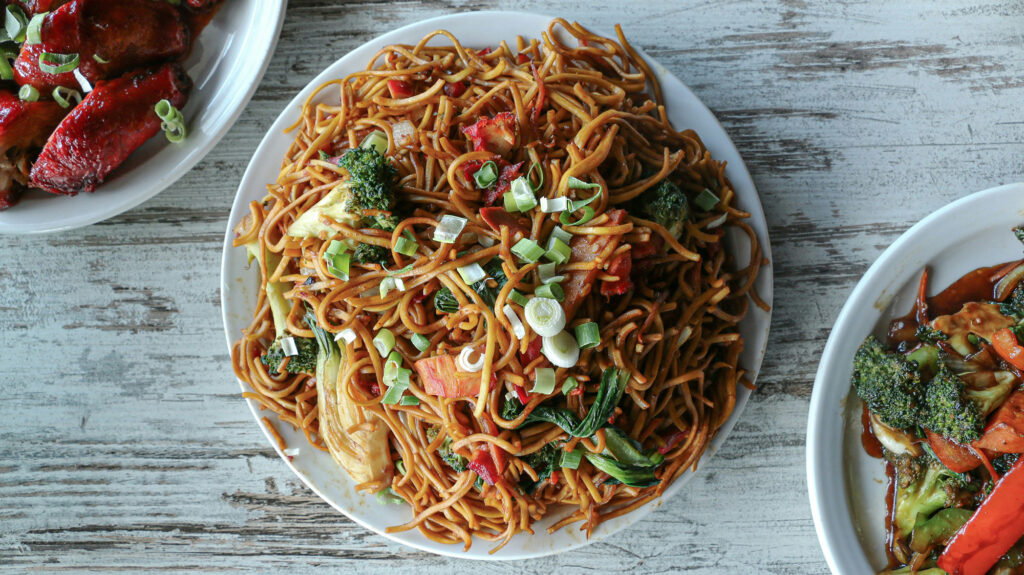Oats are rich in vitamins, minerals, and antioxidants and are an excellent source of fibre, particularly beta-glucan. The soluble fibre in oats called beta-glucans has been shown to help with blood sugar regulation. Oat beta glucans, even in little doses, have been shown to moderate insulin and glucose responses to meals high in carbohydrates. Oats have received a lot of attention as a healthy diet due to their various advantages, including decreasing blood sugar and cholesterol levels.
Oats making glucose optimization fun and healthy
• Avoid preparing your oats with sugar.
• You can add a few pieces of fresh fruit to dishes like porridge to give them flavour.
• Try adding a lot of mixed nuts, including almonds, walnuts, and seeds like chia, pumpkin, and sunflower. The release of glucose is slowed by fats, which prevents a surge.
• Try to include oats in your bread, muesli, and granola.
• Try soaking oats in yoghurt or dairy alternatives such as almond milk to reduce the glycemic load and slow down the release of glucose into the bloodstream
Oats are a strong source of soluble dietary fibre high in -glucan, which is thought to have a bioactive role in lowering postprandial glucose and insulin responses, enhancing insulin sensitivity, preserving glycemic control, and regulating blood lipids. Consumption of oats and oat ß-glucan results in generally small improvements in established markers of fasting and postprandial glycemic control.







